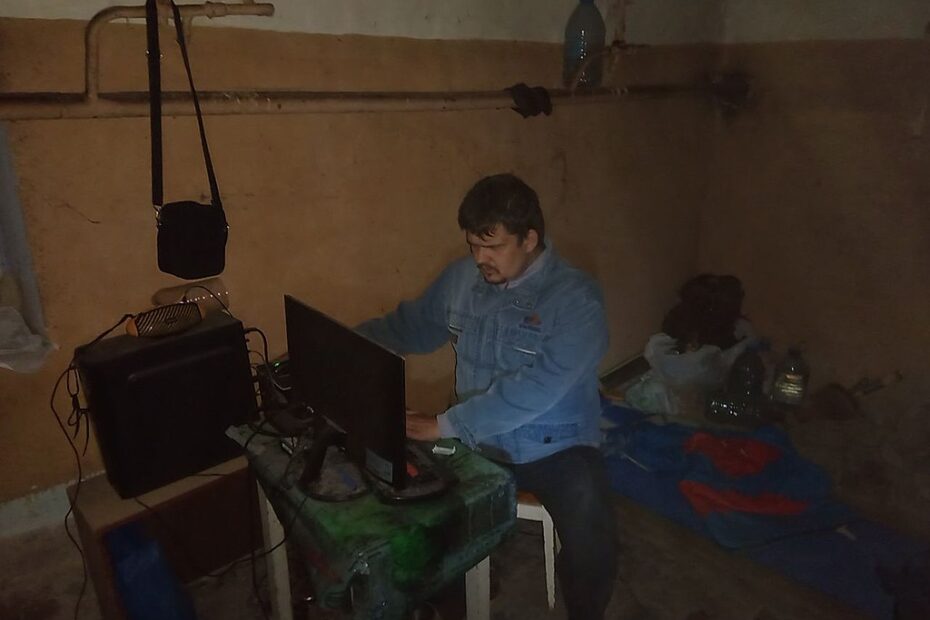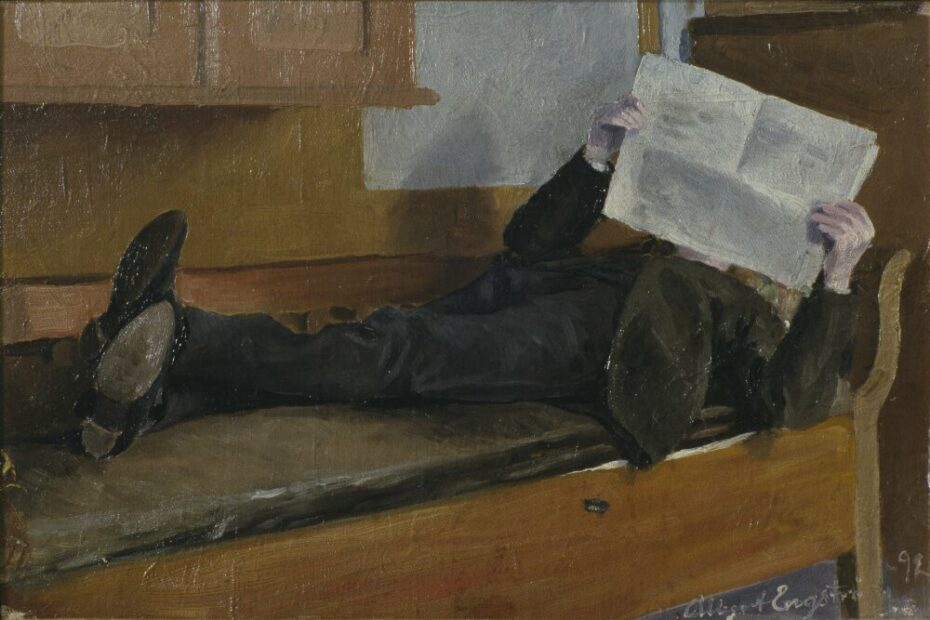Ukraine: countering Disinformation in the wake of Russian invasion
For almost a year now, Russia has been waging a brutal all-out invasion of Ukraine. While the situation in Ukraine today isn’t easy, the most difficult period was the first four to six weeks of the invasion – when Ukraine’s capital was under assault, and many people across the world feared the country would fall to its larger enemy. But Ukraine withstood against the odds – and so did Ukrainian Wikipedia. How the Ukrainian community of Wikipedia volunteers remained resilient to challenges?
A crucial source of information
As Russia launched its full-scale invasion of Ukraine in February this year, millions of Ukrainians were desperately looking for information. People were trying to understand the war’s general context, but also looking up specific actionable information – from rules of crossing the border to recipes of a Molotov cocktail.
Along with news publishers and other sources of information, Wikipedia saw its popularity surge. In April, the Ukrainian-language edition of Wikipedia attracted 106,877,169 user views, its second highest month in history. The most popular article – about Russia’s invasion – raked in 3 million views in less than six months, an absolute record for UkWiki. (In case you were wondering, the Molotov cocktail article gained almost 140,000 views in February – twice as many as for the whole five years before).
Read More »Ukraine: countering Disinformation in the wake of Russian invasion










